The Politburo on August 20 issued Resolution
No.70-NQ/TW (Resolution 70)
on national energy security through 2030
with a vision toward 2045.
The Government News quoted Resolution 70 as reporting that
the Politburo has asked for effective implementation of the direct power
purchase agreement (DPPA) mechanism and expansion of customers’ options in
selecting electricity retailers.
The Resolution calls for developing the energy market
towards an competitive, transparent and effective manner while ensuring energy
security.
At present, the Vietnam Electricity Group (EVN) no longer
holds monopoly over power generation, but it remains the sole buyer in the
wholesale market and maintains monopoly in transmission and electricity retail.
Electricity is currently distributed to households and businesses via EVN's
power companies.
Under Vietnam's Electricity Law 2024, once the competitive
electricity market is fully developed, consumers will be able to choose their
electricity retailer instead of the EVN.
Private enterprises are encouraged to participate in energy
storage infrastructure investment projects such as battery storage systems, LNG
terminals, and petroleum depots both onshore and offshore. In addition, the
electricity transmission pricing mechanism must be reformed to attract private
sector involvement.
Vietnam has issued regulations on the DPPA mechanism between
renewable energy producers (such as solar and wind) and big electricity
consumers. Data from power companies showed that only about 7,700 customers are
eligible for direct purchases, accounting for roughly 40 per cent of the
country's total electricity consumption.
The Politburo’s Resolution 70 has set the target that by 2030, Vietnam's
total primary energy supply will reach around 150–170 million tons of oil
equivalent (TOE).
The total power generation capacity will be estimated at
about 183–236 GW while the total electricity output will reach approximately
560–624 billion kWh. Renewable energy is expected to account for about 25–30
per cent of the total primary energy supply. Final energy consumption is
projected at around 120–130 million TOE.
Under Resolution 70, the Politburo has urged the swift
implementation of the Ninh Thuan 1 and Ninh Thuan 2 nuclear power plants, with
operations targeted for 2030–2035.
Relevant agencies were tasked to develop a comprehensive
plan to strengthen the energy sector workforce, aiming to train 25,000-35,000
engineers and experts, with a particular focus on nuclear energy.



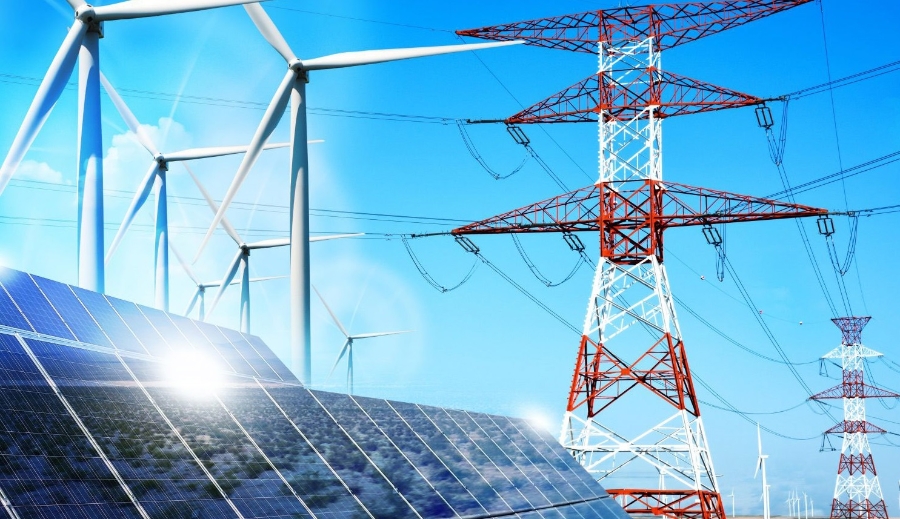

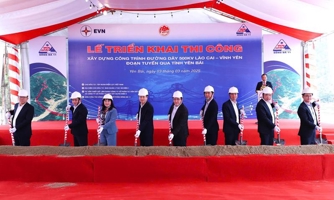
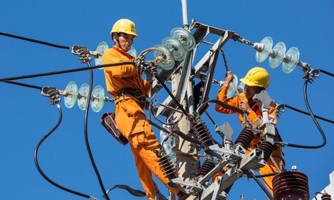

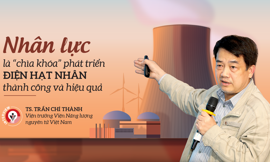
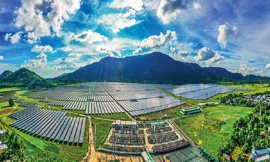

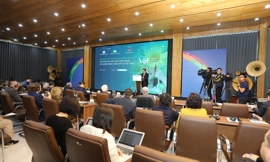
![[Interactive]: Toàn cảnh kinh tế Việt Nam tháng 8/2025](https://premedia.vneconomy.vn/files/uploads/2025/09/06/313418e027db4b97adaba4c542e2f904-10696.png?w=700&h=420&mode=crop)

